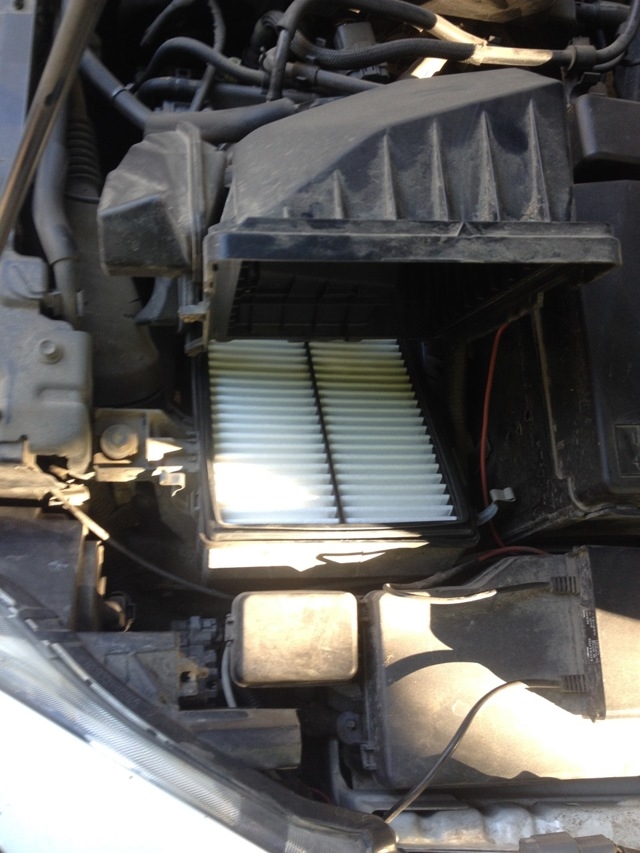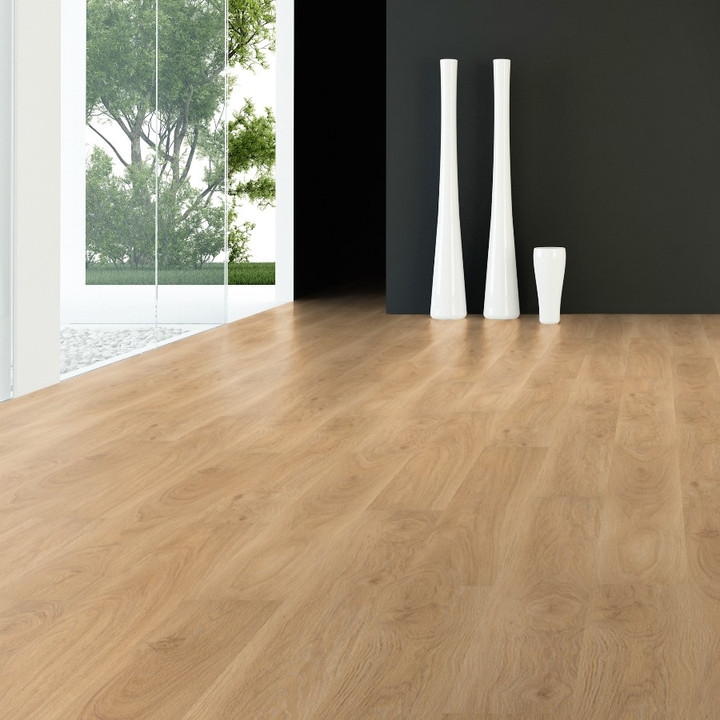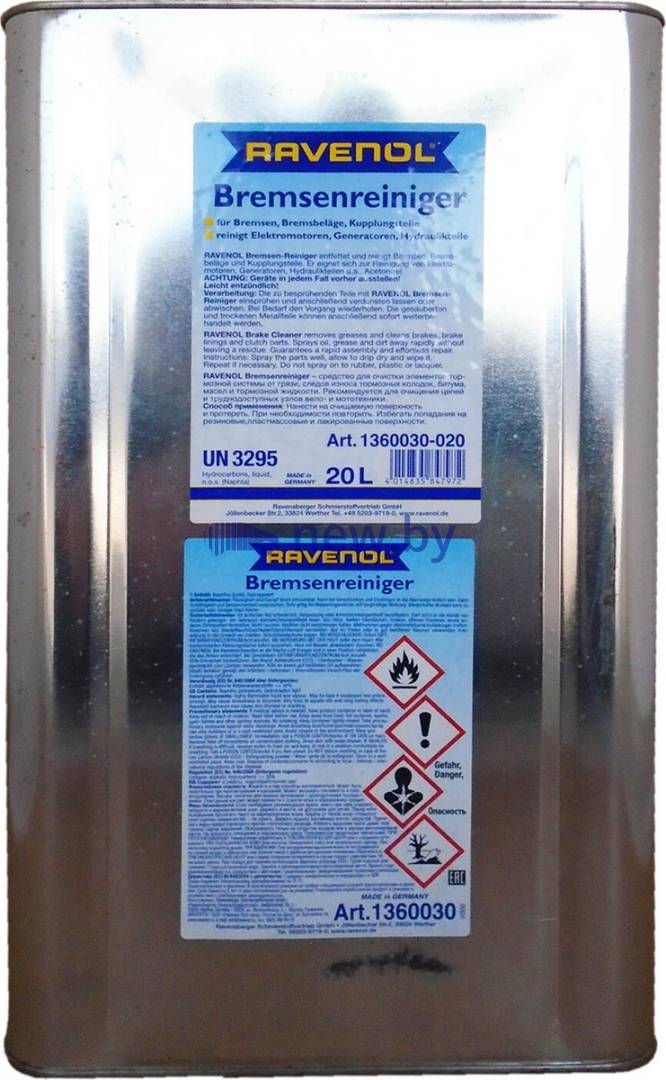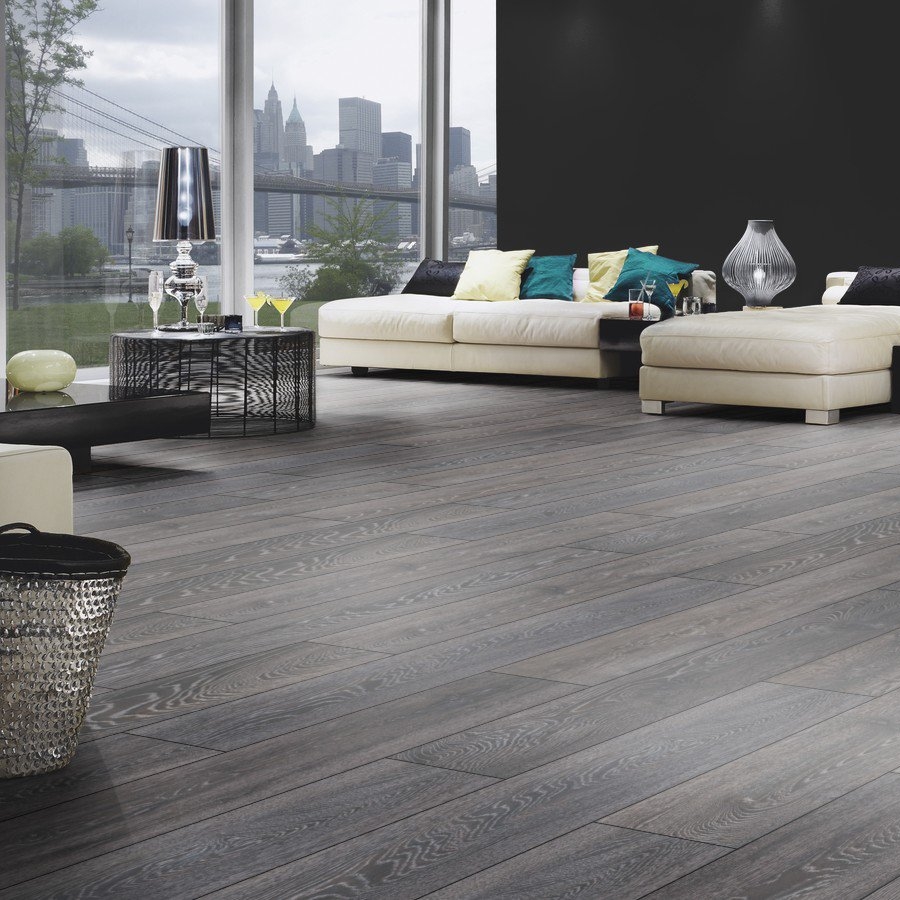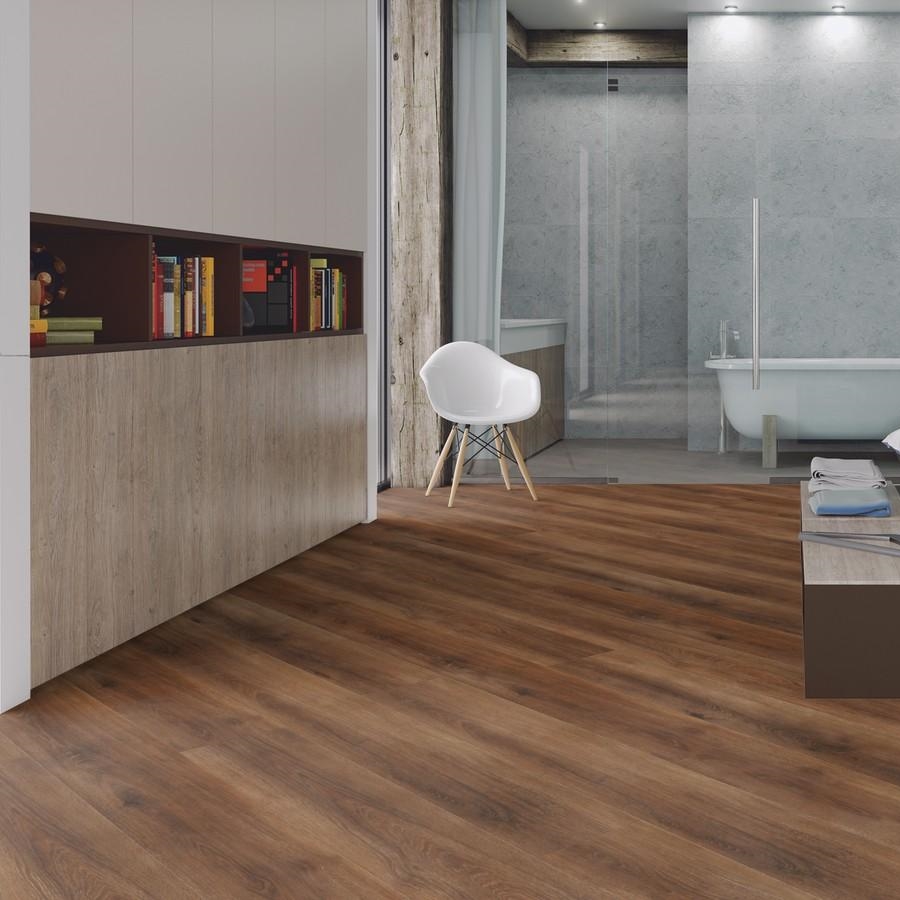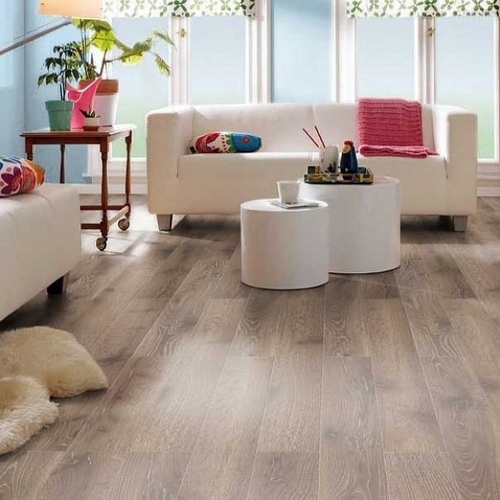Author Email:
Content
Weissman MM, Greenwald S, Nino-Murcia G, Dement WC. The morbidity of insomnia uncomplicated by psychiatric disorders. Johnson EO, Roehrs T, Roth T, Breslau N. Epidemiology of alcohol and medication as aids to sleep in early adulthood. Foster JH, Marshall EJ, Peters TJ. Application of a quality of life measure, the life situation survey , to alcohol-dependent subjects in relapse and remission. If you return to bed and still cannot fall asleep within 15–20 minutes, repeat Step 3.
Medical care related to insomnia and any co-occurring conditions will continue throughout the treatment process. In addition to medications, this might also include different types of therapy that address a person’s use of alcohol, co-occurring issues such as depression or anxiety, and insomnia. Treatment for alcoholism can be more challenging when the person also has insomnia. The problem worsens when there is an additional co-occurring psychological or physical health condition. People with alcoholism tend to drink alcohol to help them sleep.
With just 30 days at a rehab center, you can get clean and sober, start therapy, join a support group, and learn ways to manage does alcohol make you age your cravings. SAMHSA’s mission is to reduce the impact of substance abuse and mental illness on America’s communities.
The anti-nociceptive effects of ethanol extract of aerial parts of Schkuhria pinnata in mice. Gann et al. 2004Chlormethiazole 205 days0 daysPSGPSG at Days 1, 5 and 13.Active group had profound REM suppression and discontinuation led to REM rebound and sleep fragmentation. Myrick et al. 2007Gabapentin 355 days on Rx and 8 day f/uActively drinkingDrinking or cravingESSNo difference between the two groups on ESS at Day 6. Hornyak et al. 2004Magnesium 114 weeks2 weeksPSGPSG and PSQIReduced sleep latency on PSG and improved sleep quality on PSQI. Fabre et al. 1977Triazolam (0.5–1 mg)2328 days5–15 daysSleep diariesSleep diariesImprovement in depth, duration and night-time awakenings.
The most common form of sleep apnea is obstructive sleep apnea, which occurs “when your throat muscles intermittently relax and block your airway during sleep,” the Mayo Clinic says. If you disable this cookie, we will not be able to save your preferences. This means that every time you visit this website you will need to enable or disable cookies again. Strictly Necessary Cookie should be enabled at all times so that we can save your preferences for cookie settings.
Alcohol Detox And Insomnia
“Three or more drinks will cause the average person to fall asleep sooner than usual,” says Shawn R. Currie of the University of Calgary. “However, falling asleep faster is the only real benefit of alcohol for sleep.” If you quit drinking and remain sober, you can have significant sleep problems long after you stop drinking. There is a tremendous amount of scientific evidence that contributes exercise with better sleep. Implementing a regular exercise routine can help contribute to falling asleep faster, having more restful sleep, and waking up with increased energy. Physical exercise also helps you obtain more deep and restorative sleep, which can boost your body’s immune system, improve cardiac health, as well as decrease stress and anxiety. When you are physically active, you expend more energy, which will help you feel more tired and ready to rest at the end of each day, all of which make exercise a potent remedy for insomnia.
The contrast between the spirit of sobriety in AA meetings and my friend’s dependence on sleeping pills was striking. It left me thinking about the critical but largely overlooked link between sleep problems, alcohol, and recovery. Over the years, I had seen hundreds of patients with troubled sleep who were also dependent on alcohol. And many others who used alcohol more sparingly, but quite regularly as a sleep aid.
How Alcohol Affects People With Insomnia
Hi Amy, I just talked to the company and it should be back in a day or two. If you happen to struggle with insomnia, Sleep Support is still available and it’s incredible effective. When I find myself doing work after nightfall hits, a free program called flux on my Mac automatically dims the blue light that prevents the release of natural melatonin.
Some recovering alcoholics confess that they would rather be in the comfort of their own homes during this time. Fortunately, treatment programs, such as partial hospitalization, allow for that private time away from a facility. While in the Drug rehabilitation care of trained professionals during residential treatment, recovering alcoholics work toward developing proper sleep hygiene. Attempting detox and rehab for alcohol is not only a dangerous process to do alone, but can also lack structure.
An alcoholic drink might even be part of their bedtime routine. Additionally, individuals dealing with co-occurring medical conditions have an even higher risk of developing insomnia and/or alcohol use disorder. This is the best article in the world on alcohol withdrawal insomnia!!! Furthermore, it’s my favorite article on your entire blog thus far…a real tour de force.
Signs And Symptoms
It’s hard to say how much alcohol will affect any given person’s sleep, given that alcohol tolerance and metabolism vary greatly from person to person. One good rule of thumb is to stop drinking alcohol https://junnivet.com/substance/ at least two hours before going to bed each night. Tracking our sleep on nights when we drink and nights when we do not drink, can help us figure out if alcohol is negatively affecting our sleep.
There is a strong link between alcoholism and insomnia, for several reasons. Alcoholic insomnia during withdrawal is caused by the body and mind adjusting to life without booze. In addition to experiencing nausea, tremors, and other physical symptoms, Sober living houses people trying to stop drinking often experience anxiety, excitement, and have worries about the future. Also, people in inpatient recovery programs can find it hard to relax and sleep in the unfamiliar environment of a rehabilitation center.
These supplements can provide noticeable relief, but they will not turn an alcoholic into a normal person overnight. For that kind of transformation, you will want to look into reframing your perception of alcohol. Calm Support is the only alcohol recovery supplement I’ve seen that containsmucuna pruriens, without which my post-acute withdrawal would have been much more difficult. Yet the vast majority of alcoholics are deficient in magnesium. Months after I quit drinking, I still had many symptoms of thyroid imbalance – a malady that often results in poor sleep. Instead of opting for a prescription, I took ashwagandha once per day for about a month and started sleeping better. Some of these solutions were serendipitous discoveries that I found through a process of trial and error.
Will Insurance Cover Alcohol And Drug Rehab?
Individuals who have alcohol use disorders and have attempted to remain abstinent will experience issues with insomnia as a result of the withdrawal process. The relationship between insomnia and alcohol abuse or alcohol use disorder is bidirectional. People with sleep disorders are significantly more likely to be diagnosed with any substance use disorder than individuals who do not have sleep disorders. In addition, individuals with mental health disorders are far more likely to have alcohol use disorders than individuals without these conditions. Between 25 and 72 percent of people in treatment for an alcohol use disorder complain of sleep problems, according to the Substance Abuse and Mental Health Services Administration .
In this section, you will find information and resources related to evidence-based treatment models, counseling and therapy and payment and insurance options. Insomnia resulting from some other condition, such a psychological disorder, some specific medical condition, and/or as a result of medication or drug use is referred to as secondary insomnia. It occurs in people who do not sober houses in massachusetts have some other type of psychological disorder or physical condition. Arnedt JT, Conroy D, Rutt J, Aloia MS, Brower KJ, Armitage R. An open trial of cognitive-behavioral treatment for insomnia comorbid with alcohol dependence. Espie CA, Lindsay WR, Brooks DN, Hood E, Turvey T. A controlled comparative investigation of psychological treatments for chronic sleep-onset insomnia.
- Researchers have found that people diagnosed with insomnia are much more likely to report using alcohol to help sleep than people who only experience occasional sleep disturbances.
- Gann H, Feige B, Hohagen F, van Calker D, Geiss D, Dieter R. Sleep and the cholinergic Rapid Eye Movement sleep induction test in patients with primary alcohol dependence.
- Liebowitz NR, El-Mallakh RS. Trazodone for the treatment of anxiety symptoms in substance abusers.
- Many people opt for a cocktail before bedtime to relax and unwind.
- Her work can be found in print and online publications like Discover Magazine, USA Today and The Huffington Post.
- The National Sleep Foundation recommends keeping your room cool and using light-blocking curtains, shades, or blinds to keep your bedroom dark.
A polysomnogram was performed on Days 1, 2 , Day 3 and on Day 28. SAMHSA National Helpline is a 24/7 free and confidential helpline that refers individuals and their loved ones to local https://ktmfish.com/alcohol-and-your-kidneys/ treatment centers and support groups. The website also includes helpful resources about what to expect during detox. Establish a bedtime routine that relaxes you, mind, body, and soul.
Sleep Support and/or Calm Support may be able to help with this, as well as extra magnesium citrate and exercising during the day. The information we provide while responding to comments is not intended to provide and does not constitute medical, legal, or other professional advice. The responses to comments on Fit-Recovery.com are designed to support, not replace, medical or psychiatric treatment. Please seek professional care if you believe you may have a condition. Chris Scott founded Fit Recovery in 2014 to help people from around the world dominate alcohol dependence and rebuild their lives from scratch. A former investment banker, he recovered from alcohol dependence using cutting-edge methods that integrate nutrition, physiology, and behavioral change. Today, Chris is an Alcohol Recovery Coach and the creator of an online course called Total Alcohol Recovery 2.0.
Options for a soothing bedtime routine include taking a warm bath, drinking a cup of herbal tea, reading, listening to music, meditating, or stretching. We should also avoid looking at electronic screens for an hour before bed, in order to facilitate the release of a hormone called melatonin that helps tell Sober living houses our body it’s time to sleep. If someone metabolizes alcohol very fast, they may find it no problem to have a drink much closer to bedtime. But generally speaking, while a nightcap may seem like a great idea to help one fall asleep, it may actually negatively affect one’s sleep over the course of the night.
Inside Heart Health:
Some people with alcohol use disorder may need to undergo a detox, which can be very dangerous and is best done under the supervision of medical professionals. It was also not always clearly stated that subjects were abstinent from cross-tolerant sedatives in addition to alcohol. Insomnia disorders are more likely to have a chronic course, to require independent treatment, and may contribute more directly to relapse during alcohol recovery. There may not be a known way to avoid symptoms of alcohol withdrawal night terrors, yet, significant treatment is available. Rehab treatment centers can certainly assist each individual on the road to recovery.
260 total views, no views today

